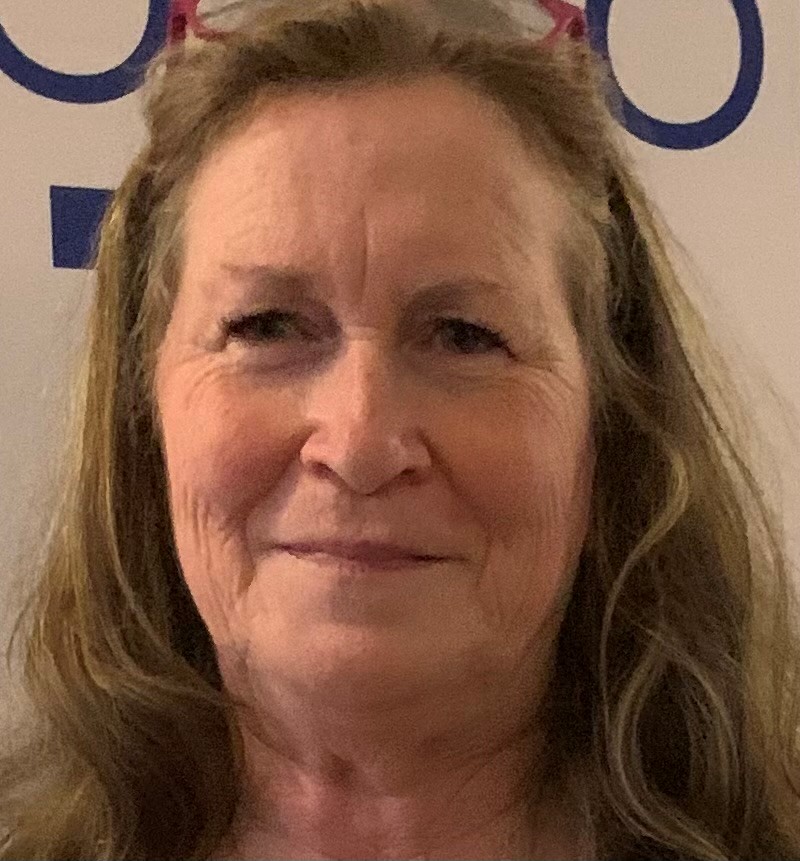Shingles is a surprisingly common viral infection that affects one in four adults. It is caused by the same virus as chickenpox. It generally affects people over the age of 50, but can occur at any age. The first sign of shingles is often a tingling or burning sensation in the affected area. This may be followed by a rash that appears as a band of blisters that wrap around one side of the body.
We want to encourage everyone aged 70 to 79, who has not had the shingles vaccination, to call their GP and book an appointment.”
Shingles usually clears up within two to four weeks, but can sometimes cause long-term problems, such as pain, numbness or weakness. A vaccine is available free of charge on the NHS to people aged 70 to 79. It is a single-dose injection and is very effective. It can help reduce your risk of getting shingles by around 70%.
Merton’s lead nurse, Fiona White said: “We want to encourage everyone aged 70 to 79, who has not had the shingles vaccination, to call their GP and book an appointment.”
Anyone who has had chickenpox can get shingles. You do not ‘catch’ shingles – it comes on when there’s a reawakening of chickenpox virus that is already in your body. The virus can be reactivated because of a range of issues, including advancing age, medicine, illness or stress.

According to Fiona, the number of people taking up the vaccine has fallen during the pandemic. But she has some good news: “It has just been announced a newer shingles vaccine for vulnerable over-50s is be rolled out across the NHS later this year to expand the number of eligible people. We will be moving to a programme with a newer vaccine, which we believe will be more effective and last for longer than the older one.
“The condition is a major cause of hospital admission, GP consultations, and long-term pain. And it is estimated that for every 1,000 vaccines that we give, one person is prevented from having to go to hospital for treatment.”
The pain felt like needles in your skin and it was exhausting. I would welcome the vaccination to prevent it in the future.”
Lynne was struck down with the virus and said: “The pain felt like needles in your skin and it was exhausting. I would welcome the vaccination to prevent it in the future.”
Under the new plans, the current single vaccine will be replaced with two doses and people over 50, who are more vulnerable, will be eligible. It will also be offered routinely to people aged 60 to 79.
